

If you think this book will teach you Zen, don’t read it.
If you know it won’t, it might.
Don’t take it seriously. Unless, of course, you do.
Enlightenment not included.
It is a strange thing to write a book about Zen. The very act of writing or speaking about it already obscures it. And yet, Zen practitioners are often the biggest blabbermouths.
Maybe it’s the “born again” effect that comes with the territory: when you first glimpse it, it feels so obvious you wonder how you could have missed it. You want to share it, to blurt it out. And then you realize everyone already knows, though they aren’t aware of it.
Or at least, that’s how it seems to me. But what do I know? I’m not a Zen master. I’m not even a Buddhist. I’m barely a person.
The following stories are just that: stories. I claim no historic knowledge, no expertise. There is meaning in them, but not the kind you can pin down with logic. Understand one of them and you will understand them all. But don’t ever think you truly understand-understanding is a path without end. The further you walk, the more you find yourself simply returning to the start. And that, too, is exactly how it should be.
Maybe one of these stories will spark something for you. Or maybe not. Either way, they’re just words scribbled by someone with no credentials. Use them if they help, discard them if they don’t. I won’t be offended. Even I plan to forget them.
Follow them far enough,
they will bring you back here-
to the start.
Why read them at all?
That is the point.
"In the beginner’s mind there are many possibilities, in the expert’s mind there are few."
At Hoshin Temple, Master Ryōkan was painting a landscape. His student, Jikai, approached.
“Master,” Jikai said, “I have studied the words form is emptiness, yet no matter how I study, I do not understand.”
Ryōkan asked, “What do you see?”
“A landscape.”
Without a word, the master smeared the canvas with a rag.
Jikai stood in silence.
The novice Kenshi was cleaning the Zendo when he noticed a small spider had spun a web in the upper corner of the room.
He raised his broom to sweep it away, then hesitated. He could not reach the creature to move it safely, and to kill it would violate his vows. Yet, to leave it would be to leave the hall unclean.
"What would the Buddha do?" he wondered aloud.
Master Jikai, passing by the open door, heard him. He stepped inside and looked up at the creature, sitting perfectly motionless in the center of its web.
"Master," Kenshi asked, "should I remove this intruder?"
Jikai shook his head. "Why would you evict my best student?"
After a morning rain, Master Jikai practiced calligraphy on the grounds of Hōrin Temple as the novice, Kenshi, watched. From the Master's brush, a single drop of black ink fell.
Kenshi said, "Master, the law of the universe pulls the ink down." He paused. "And yet, the karma of the brush, the ink, and your hand is also in its fall."
They watched the drop strike a puddle on a paving stone. It bloomed into a dark cloud, then vanished into the water.
Master Jikai turned to Kenshi and asked:
"The cloud has vanished. Show me the karma of the ink, and show me the law of the universe. If you cannot find them, then who was it that just spoke?"
At Myōrin Temple, the monk Kenshi asked his teacher, Master Daigo, “Master, what is enlightenment?”
Daigo replied, “Is it not obvious?”
Kenshi bowed and said, “Then am I simply too dull to see it?”
“You are not too dull,” said Daigo. “You are too clever, and so you are blind.”
Then the master spoke:
“If you understand, it is good.
If you do not understand, it is good.
If you understand, it is bad.
If you do not understand, it is bad.
But beyond both understanding and not-understanding,
the whole universe is lit as by a single lantern.”
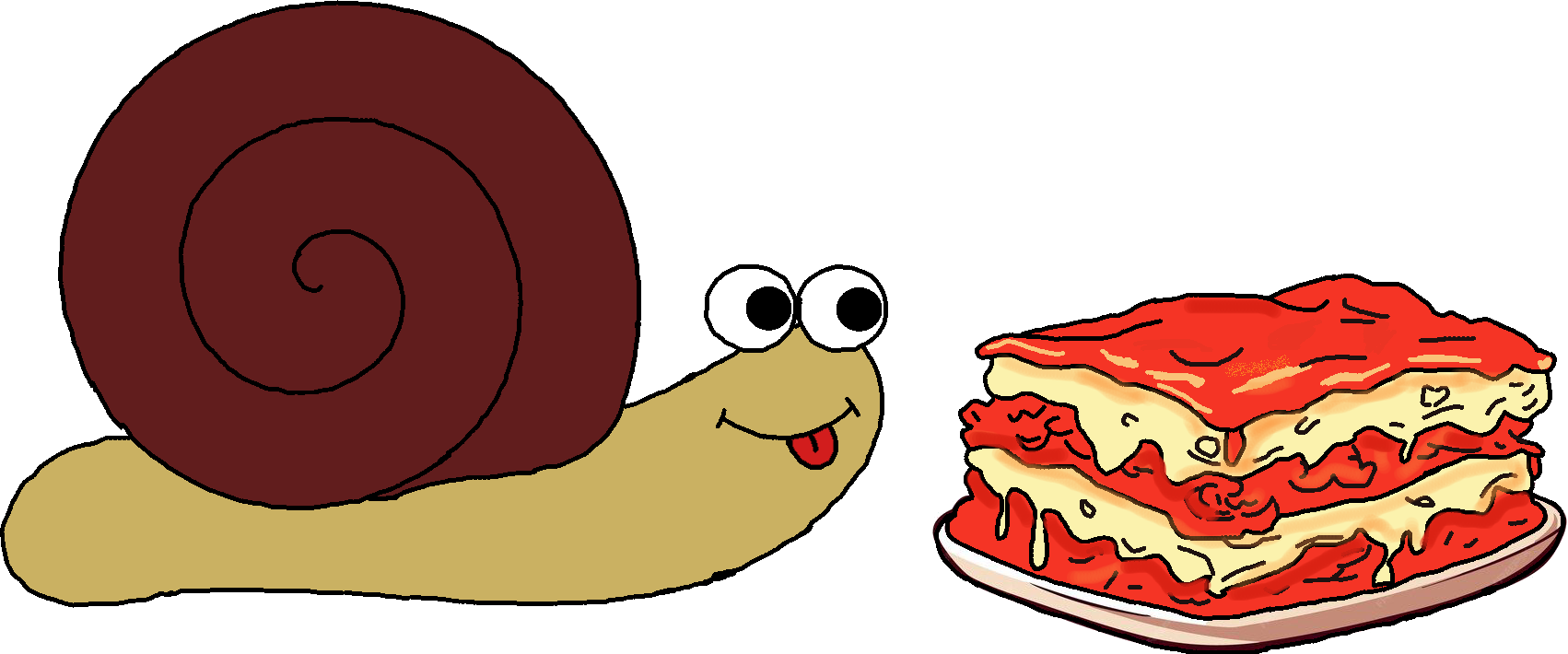
A young monk named Daichi arrived at Eryu Temple, seeking a new teacher.
Abbot Kōrin asked, “Why did you leave your former master?”
Daichi replied, “Master Gensō once gave me the riddle of the sound of one hand clapping. I could not understand, so I asked him. He told me it was the unhearable sound. I left him, for such an answer seemed foolish.”
Kōrin nodded. “Indeed, a poor explanation. Your former master must have been a dullard.” Then he asked, “And what is your understanding?”
Daichi lowered his head. “I still do not know.”
Kōrin said, “It is the unhearable sound.”
At Shōrin Temple, a student once asked Master Hōun, “Master, what is enlightenment?”
Hōun replied, “What does a baby think about?”
The student was silent.
At Hōgetsu Temple, the great Zen teacher Shunryu had passed. During the funeral rites, his successor, the monk Renji, whom all agreed had already surpassed his master in wisdom. wept without restraint.
The next day a student approached him and asked, “Master, how can one so enlightened be so overcome with sorrow?”
Renji replied, “I was grieving the passing of my friend.”
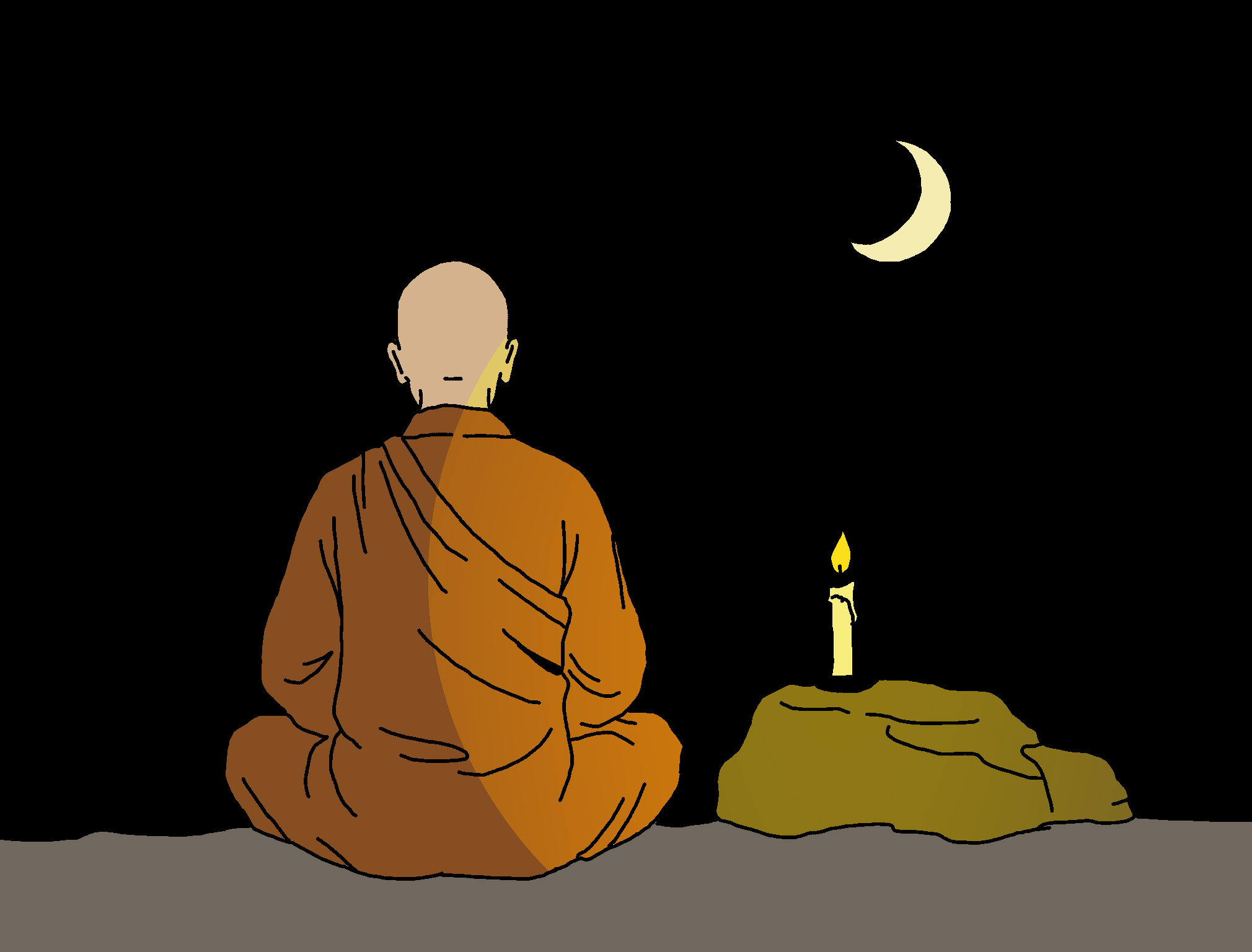
"The great path has no gates, thousands of roads enter it. When one passes through this gateless gate, he walks freely between heaven and earth."
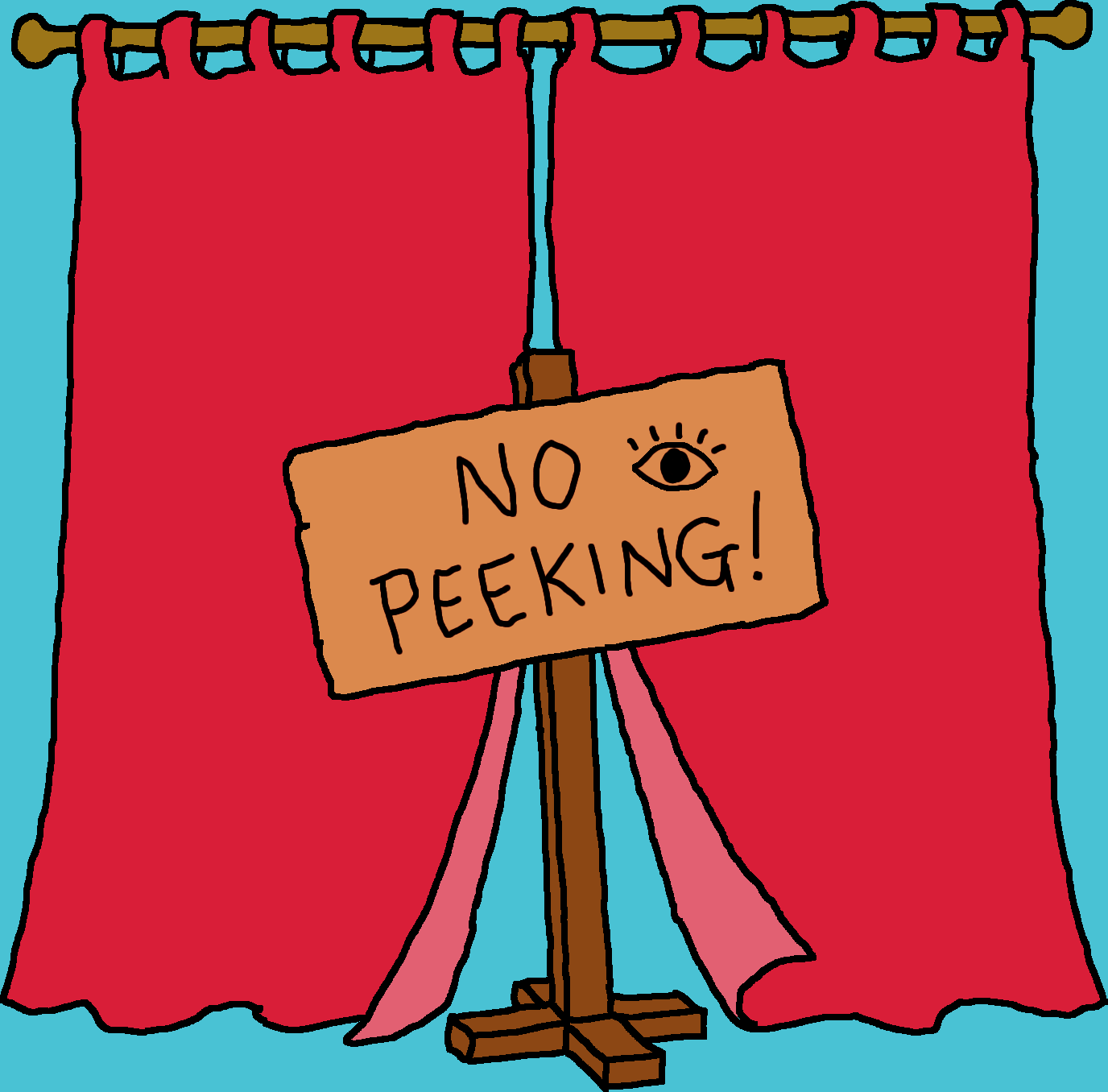
On the road to Shōrin Temple, Master Eizan stopped in a small village to rest. The villagers gathered, whispering among themselves, for it was said that Eizan had surpassed all the teachers of the northern provinces.
An old woman stepped forward carrying a warm apple pie. She placed it before the master with both hands. “Please, accept this humble offering,” she said.
Eizan bowed deeply. “Thank you,” he replied with sincerity.
Then, to the astonishment of the crowd, he picked up the pie and threw it into the ditch.
A swindler, whose life was a series of clever shortcuts, came to the gate of Unryū Temple. He approached Master Keizan, who was sweeping leaves from the path.
“Master,” the man said with a confident smile, “show me the shortcut to enlightenment.”
The master replied, “Did shortcuts ever get you anywhere?”
The man smiled. “You’d be surprised.”
The master laughed. The man laughed. All the Buddhas laughed.
Keizan offers a mirror, the comedy is complete.
At Ryūshō Temple, the Abbot had a cat he named Nansen. When new applicants came to the gate, he would have them sit in the waiting room and leave Nansen with them. The rule was simple: if Nansen sat in their lap, they were allowed entry into the monastery.
Three friends came to study. On the first night, Nansen curled up in the lap of the first. At dawn, the Abbot entered and welcomed him in. On the second night, Nansen purred in the lap of the second. Again, at dawn, he was welcomed in.
The third student, Jiro, sat alone. Days passed. Nansen would walk right up to him, sniff his robes, and then sit just out of reach, licking its paws. It felt like a taunt.
On the tenth night, Jiro’s patience snapped. The first light of dawn was blooming; he knew the Abbot was approaching. He reached out, grabbed Nansen by the scruff, and forced the cat into his lap, pinning it there with trembling hands.
The Abbot slid the door open. He saw Jiro sweating, hands clamped on the animal. Its tail was thrashing wildly against Jiro's chest.
The Abbot paused. "You have been sitting here a long time," he said. "Tell me, what is Buddha?"
Jiro's mind raced through the sutras. "Everything," he stated, his voice cracking.
"Yes," said the Abbot, eyeing the cat. "But be specific. Am I Buddha? Are you Buddha? Is the floor Buddha? Is the cat Buddha?" He pointed to the thrashing limb. "How about the tail?"
Jiro looked at the tail slapping him. "Yes?"
It is not the Abbot. It is not the applicant. It is not the floor. It is not the cat.
It is not the air, the light, the sound, not delusion nor awakening.
Entry into the temple has nothing to do with the cat, and nothing to do with Jiro's action.
the moving tail is a curious thing.
At Ryūun Temple, the monk Hakuin asked his teacher, Master Shōgetsu, “Master, how many Buddhas have there been?”
Shōgetsu replied, “None.”
During a morning lecture at Ryōan Temple, Master Daichi suddenly pointed to an empty chair.
“There sits Buddha!” he shouted.
The monks froze in silence.
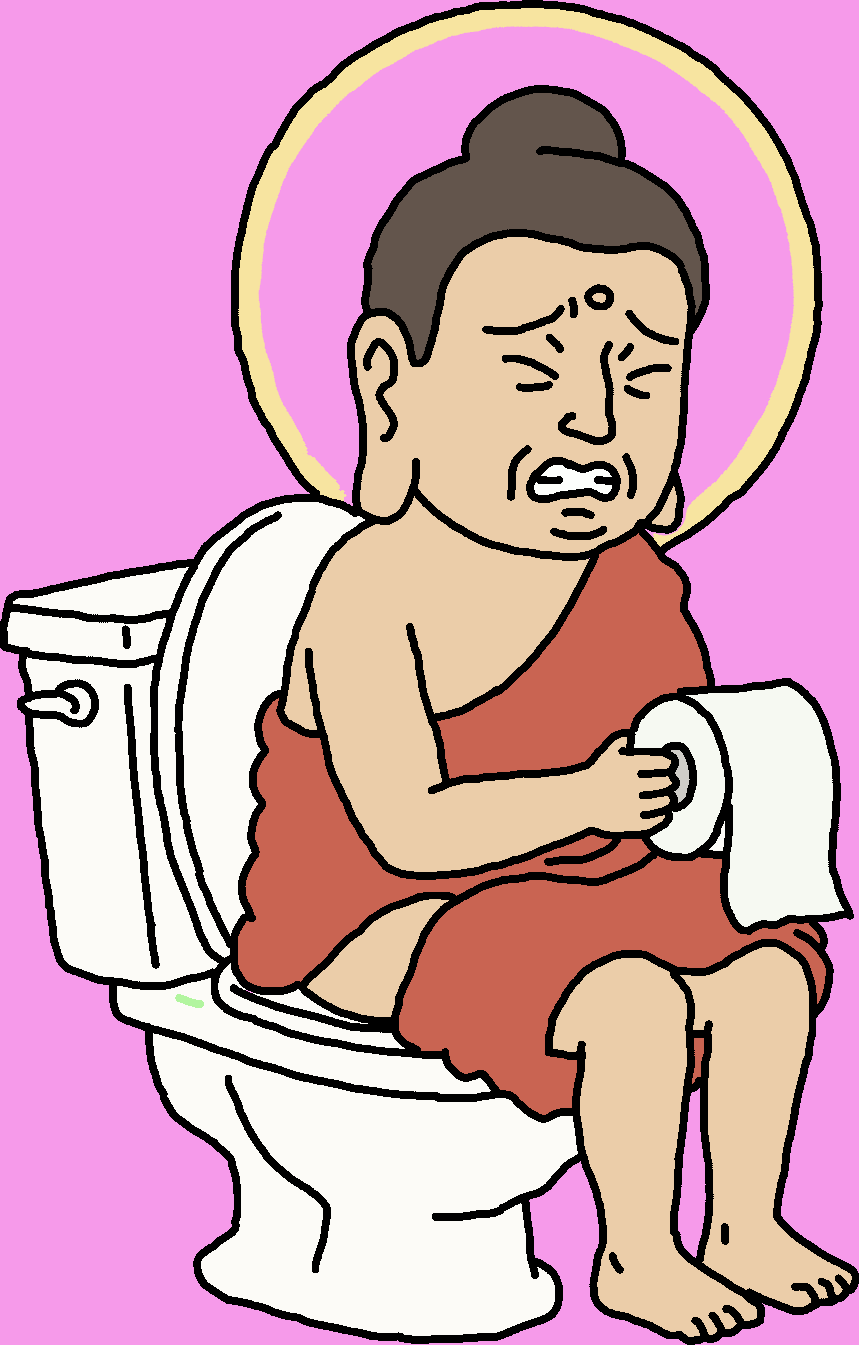
The novice Kenshi sat alone in the main hall of Hōrin Temple, seeking a vision of the true self.
"I am tired of this ordinary silence," he whispered. "I want to see the masters of old who are hidden from me."
Suddenly, the heavy bronze bell at the temple gate rang out.
Kenshi jumped up and ran to the gate. He threw it open, but the road was empty. Only the dust settled in the wind.
He returned to his cushion.
The bell rang again, louder this time.
He ran back, opened the gate, and looked left and right. The road was empty.
"Someone's playing tricks," Kenshi muttered, returning to his cushion.
Scarcely had he settled his robes when the bell rang a third time-shaking the very timbers of the hall.
Kenshi did not move. "I will not be fooled again," he said to the empty hall. "I know there is no one there."
"If you know no one is there," a voice asked from the Master's empty cushion, "then who rang the bell?"
Two times Kenshi opened the gate and saw nothing.
What use is a gate to one who looks but cannot see?
What use is a bell to one who listens but refuses to hear?
Ding!
Kenshi was sweeping the path at the gate when his favorite song drifted from a distant radio. He sang along loudly.
Keizan approached and asked, “When did you decide to sing?”
A student came to Master Ryōgen and bowed deeply.
"Master," the student said, "I have realized a great truth: I know myself well enough to know that I do not know myself."
The master gazed at the student, then with a sudden motion, he slapped his own face.
"Who was it that just slapped me?" he roared.
A student at Myōrin Temple asked Master Daigo, “Master, what is Buddha?”
The master looked at him and replied,
“It is not awareness, yet it is nothing but awareness.
It is not nothing, yet it is nothing but nothingness.
It is not everything, yet it is nothing but everything.
It is not your true self, yet it is nothing but your true self.”
The student was perplexed. “then what is it?”
The master slapped the student hard on the cheek.
“Where does it hurt?”
He claims it is nothing, then everything. A thief looting an empty room, doors and corners that's where truth hides.
The cheek will heal. The question won’t.

At Seiryū Temple, a tea ceremony was held for a visiting dignitary known for his refined taste and patronage of the arts. Master Genshin himself prepared the tea with meticulous care, each movement a study in grace.
He presented the finest cup to the dignitary. But as the man raised it to his lips, Master Genshin suddenly reached out, took the cup, and poured its steaming contents onto the floor.
He placed the empty cup back before the bewildered man and roared, "FILL IT YOURSELF!"
A young monk approached his master at the evening meal and said, "Master, I have glimpsed the Way, but how can I know if my understanding is true and deep?"
The master, without a word, lifted his soup spoon and lightly tapped the monk on the head.
Buddha fell asleep again.
Two children were playing tag in the courtyard of Hōrin Temple. One child chased the other, who ran toward Master Jikai.
The first child caught up to the second, tapped them on the shoulder, and cried, “You are it!”
When the child said, “You are it!”-
All laughed.
Who was laughing?
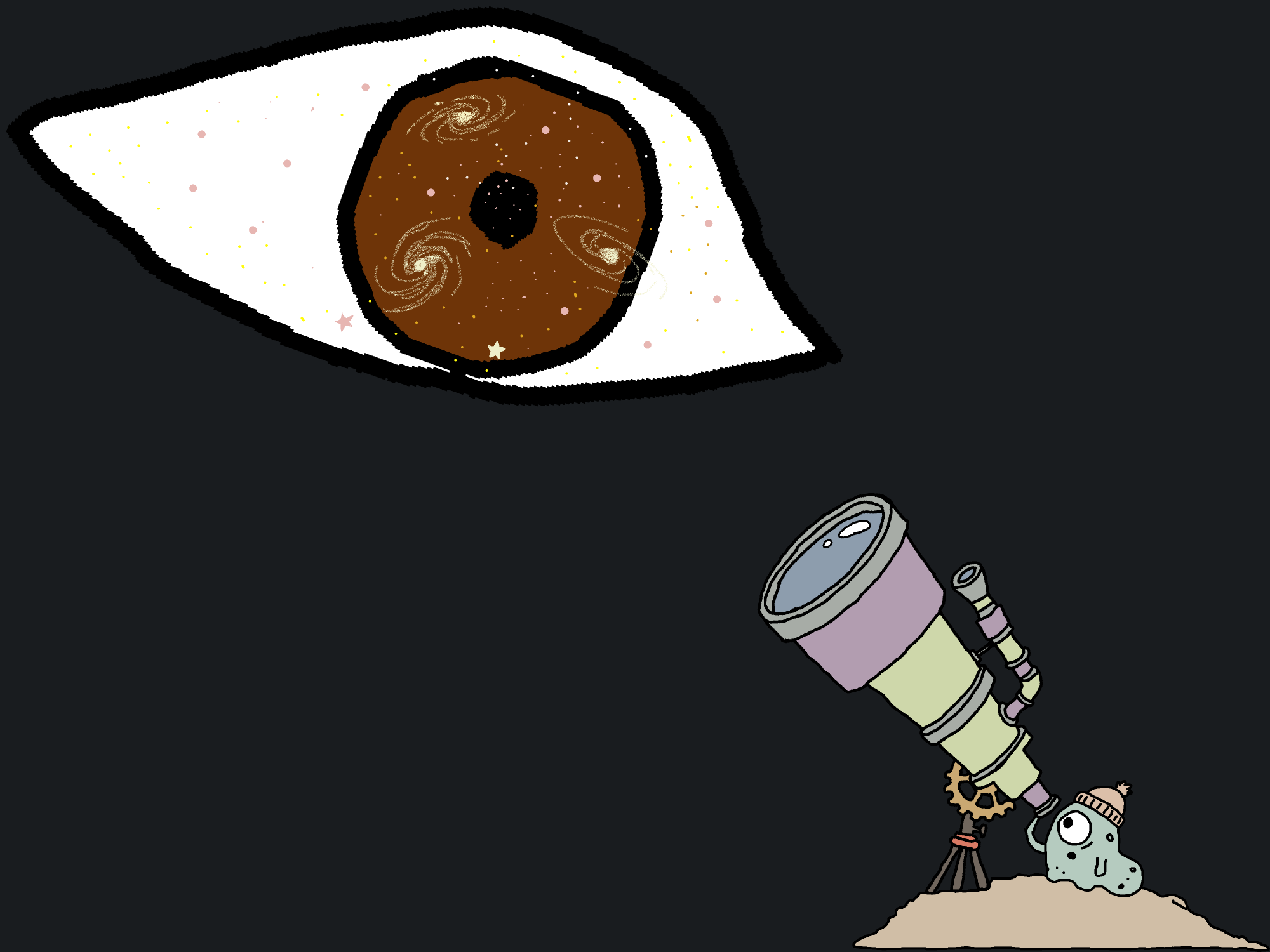
During a downpour, a group of monks huddled under the eaves of a large house, arguing about a line from a famous sutra. One monk claimed the line referred to the nature of mind, while another insisted it referred to the illusion of form. They debated for an hour.
A small child, the daughter of the homeowner, came out to watch the rain. She held out her hands to catch the drops. After listening to the monks for a long time, she tugged on the sleeve of the most agitated one. He looked down, annoyed.
"What is it, child?"
She pointed up at the roof and said, "It's the sound of rain hitting the roof. It is not sound, it is not mind, it is not form, it is not buddha."
A child chased butterflies with a net. One slipped through, and the child cried.
A passing monk asked the child why it was crying. The child answered, "I wanted that one."
In one reply the entire game revealed.
The butterfly spreads its wings, no net to hold it.
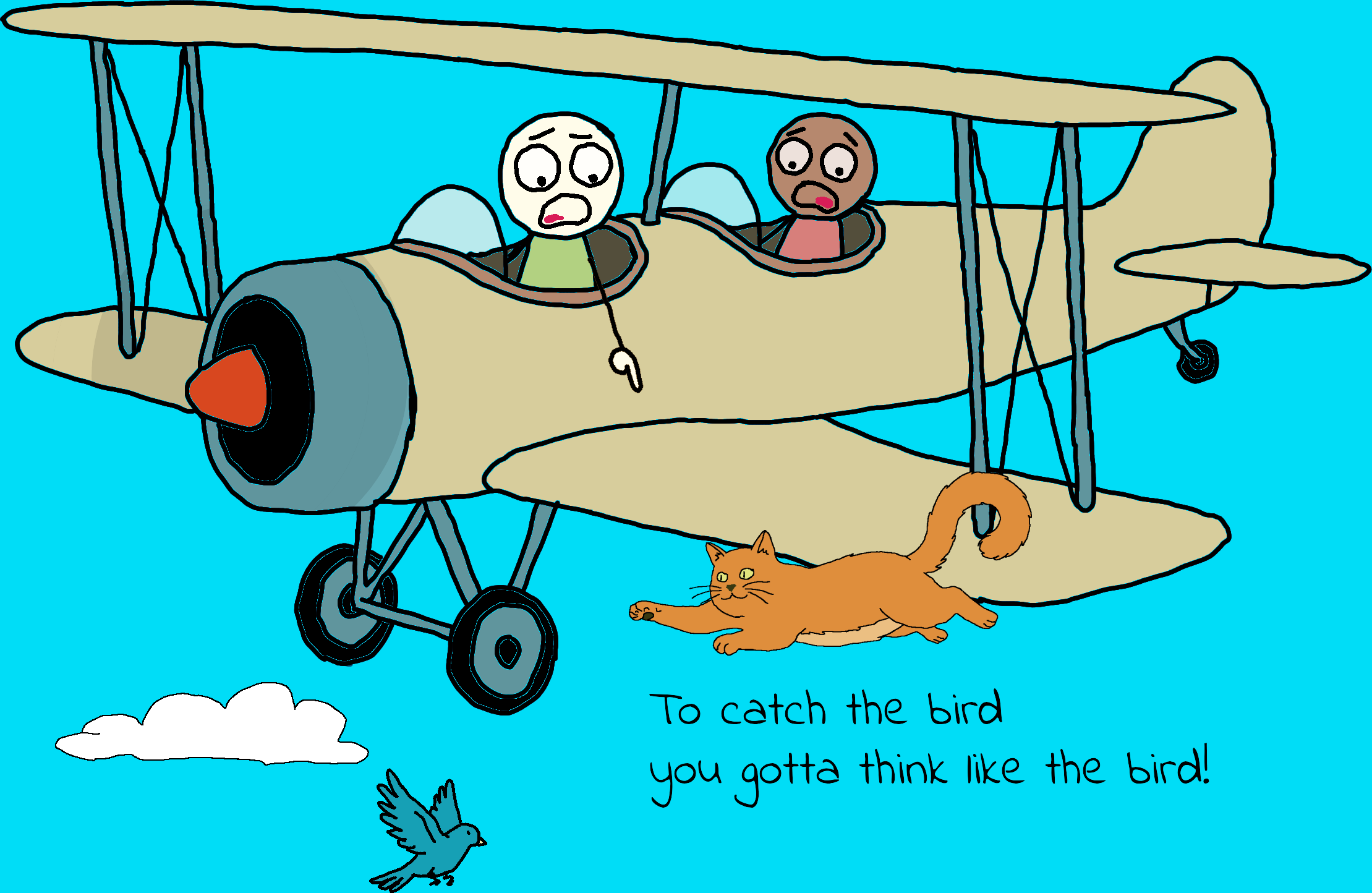
Two monks argued about the Dharma while walking beneath a pine tree.
Above them, a fledgling asked its mother, “Why did Bodhidharma come to China?”
The mother gave it a sharp peck.
“Fool! Humans are coming. Just chirp!”
Silently the fledgling chirps.
Even ten thousand feathers cannot lift a stone.
The pine tree stood embarrassed for them all.
Who was the pine embarrassed for? If you say the monks, the fledgling, or the mother, the pine will be embarrassed for you.
But i'm not talking about embarrassment.
One afternoon, a Zen master was meditating beneath a tree by the roadside.
Some boys from the village came up, laughing and jeering.
“Master, show us ultimate truth!” they demanded.
The master looked up and said,
“I’ll show you ultimate truth. Come closer.”
One of the boys stepped forward.
With lightning speed, the master threw a punch, stopping just before it landed.
The boy flinched and stumbled backward.
The master laughed.
Closer, closer-until you flinch. Truth strikes before the fist does.
But what if the boy had been the one who struck first? The master would still laugh. Would you?
At Unryū Temple, the monk Sōgen asked Master Keizan, “Master, do we have control over our lives?”
Keizan replied, “To think you have control is delusion. To know you have no control is senseless.”
At that word, Sōgen was struck silent.
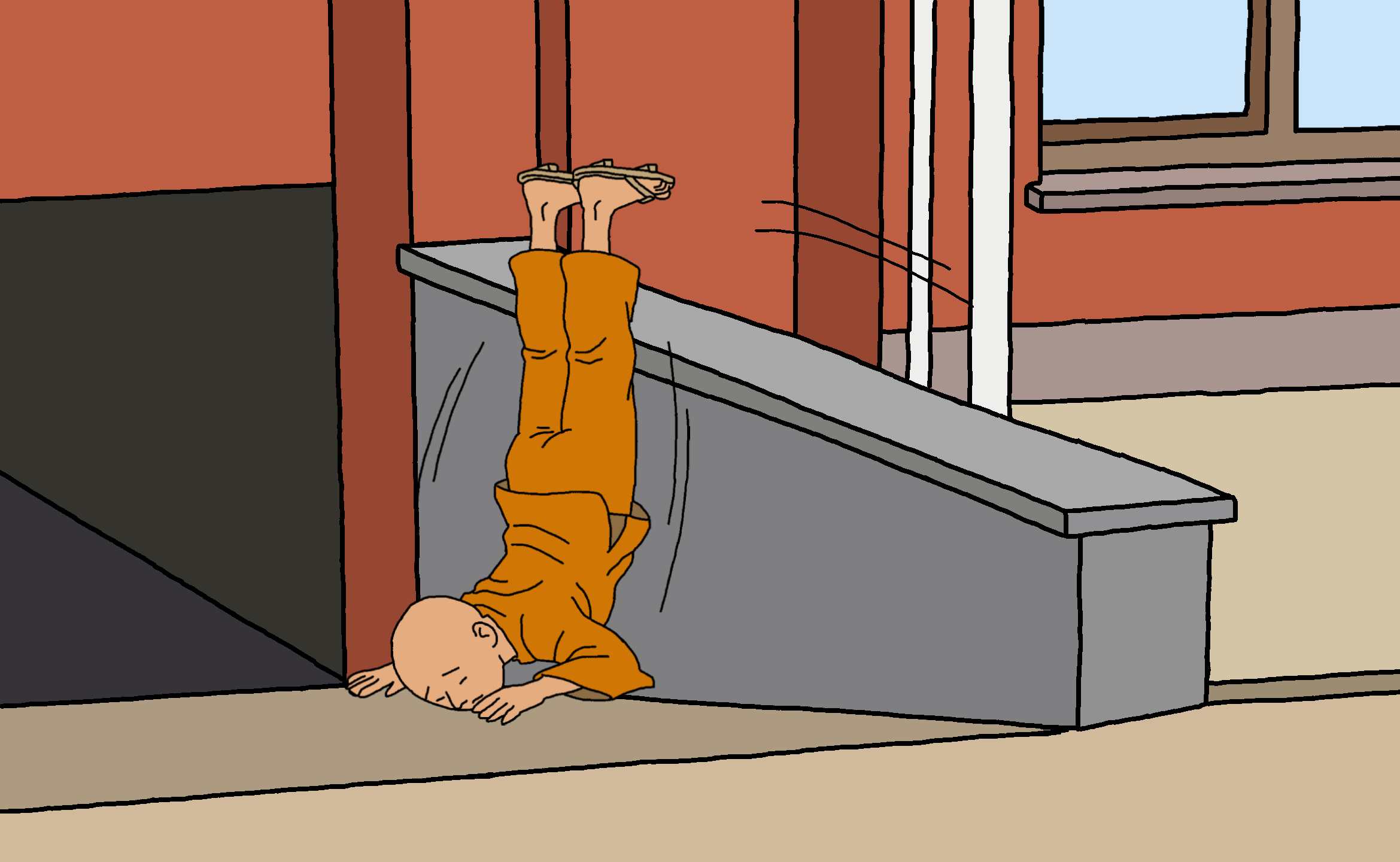
Two monks, Kensan and Jiro, were arguing at the temple gate over whose turn it was to sweep the path. At last, Kensan pulled a single copper coin from his sleeve.
"Let the universe decide," he said. "If it is heads, I win. If it is tails, you lose."
"You take me for a fool!" Jiro said. "Those are not two choices, but one."
"You are quick to see," Kensan replied with a smile. "Then we will make it fair."
He then said, "If it is tails, I win. If it is heads, you lose."
That old Shakyamuni opens his mouth to fool them all. He offers one coin, and two ways to lose.
At Myōgen Temple, a monk asked Master Reikan, “Is enlightenment wisdom, or ignorance?”
Reikan lifted an empty bowl.
“It is neither full nor empty,” he said.
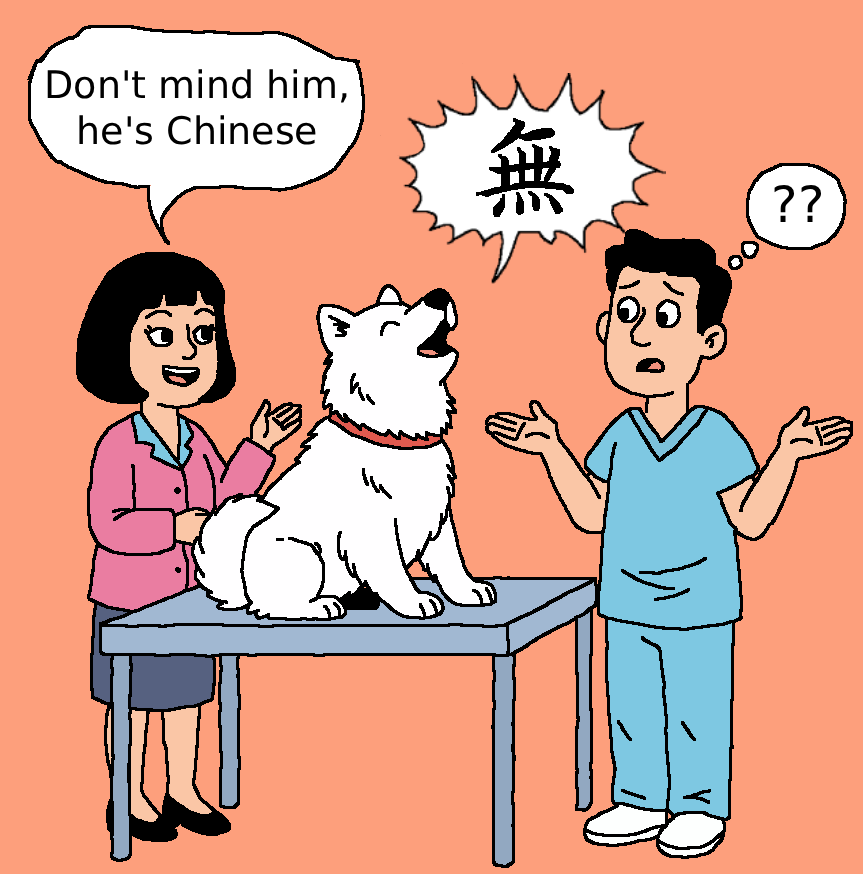
"Here it is - right now. Start thinking about it and you miss it."
Two monks stood watching a flag waving in the wind.
“The wind moves,” said one.
“No, the flag moves,” said the other.
A third monk approached and said, “Neither wind nor flag-mind moves.”
Then a fourth monk came up, and farted.
If you still debate which moved-wind, flag, or mind, you have missed the smell.
"To study the Way is to study the self. To study the self is to forget the self. To forget the self is to be actualized by the ten thousand things."
At Hōgetsu Monastery the students sat together in meditation, the hall filled with silence.
Suddenly, one monk hiccuped, the sound cracking through the stillness.
The assembly sat stiff and unmoving. Only Master Jitsuen burst into laughter.
At Kōfuku Temple, the second Tuesday of every month was Pizza Day.
As the cook, Tenzen, was finishing the pies, he picked up a heavy iron hammer and struck the dinner bell.
The bell rang no louder than usual, yet the Abbot noticed the monks ran to the hall twice as fast.
I ask of you, who hit the bell? If you say the cook, you ignored the hammer.
If you say the hammer, you ignored the cook.
If you cannot answer, ask yourself... who made the sound?
Hungry ghosts wait in silence. When the cheese bubbles and iron hits iron, Buddhas trip over their robes.
At Ryūshō Temple a master from another monastery came to stay.
During his visit, a student saw him do many shameful things: sleep during meditation, drink wine, cheat at dice, curse at the abbot’s cat, and even visit a prostitute in town.
Shaken, the student went to his own teacher, Master Dōrin, and confessed what he had seen.
Master Dōrin laughed. “Good! He practices better than I do. But you, when did you stop watching yourself?”
The student had been watching a mirror.
The next morning he snuck out of the monastery and into the prostitute's bed... During the storm, lightning struck twice, and cracked his nutshell.
When he returned to the monastery he gently petted the abbot's cat.
Now tell me, what caused their nutshell to crack? They shouted into the void, yet it answers.
One bitter winter day at Seigan Temple, a student shivered and complained of the cold.
Master Rōshi asked him, “Who is it that feels the cold?”
At these words the student was enlightened.
The next morning, Master Rōshi said, “Today will be colder still.”
Believing himself clever, the student echoed, “Master. who is it that feels the cold?”
Rōshi replied, “Me, of course.”
Having glimpsed the way months ago a student spent much time meditating for a deeper insight.
One morning sitting in zazen, the hall silent save for the soft sound of breathing. The master moved silently between the rows of cushions. He stopped in front of the student who had tasted the master's soup spoon.
He lifted the same spoon and tapped the monk lightly on the head.
"What is this?" the master whispered.
The monk, startled from his concentration, replied softly, "A spoon?"
The master tapped him again, this time a little harder. "Don't give me its name!"
Buddha hit the snooze button.
Don't forget the stove's on.
A student named Sōgen, seeking enlightenment, was told by his master to carry a heavy rock to Seidō Temple, a five days' walk away. Along the way, he was to consider every step, every cramp, every breath, every bite of food, and every drop he drank. When he retired for the night, he was to meditate on the nature of the rock, instructed the master.
After five arduous days, the student arrived. He stayed the night, meditating as instructed, but enlightenment did not come. The master of the temple gave him an even heavier rock. "Take this one back to your master. The hard part is over," he said with a smile. "From here, the rock is as light as a feather."
The student, feeling the enormous weight of the new rock, wondered if the master was intoxicated, but he bowed and began the journey back.
Progress was tiresome; he was sleep-deprived from meditation and sore from effort. Hardly any progress was made on the first day.
The following morning, the student's tired body lacked the strength to lift the rock. Wondering what to do, he meditated, and was enlightened.
The first master gives a heavy rock. The second master says the next one is light. Both are lying.
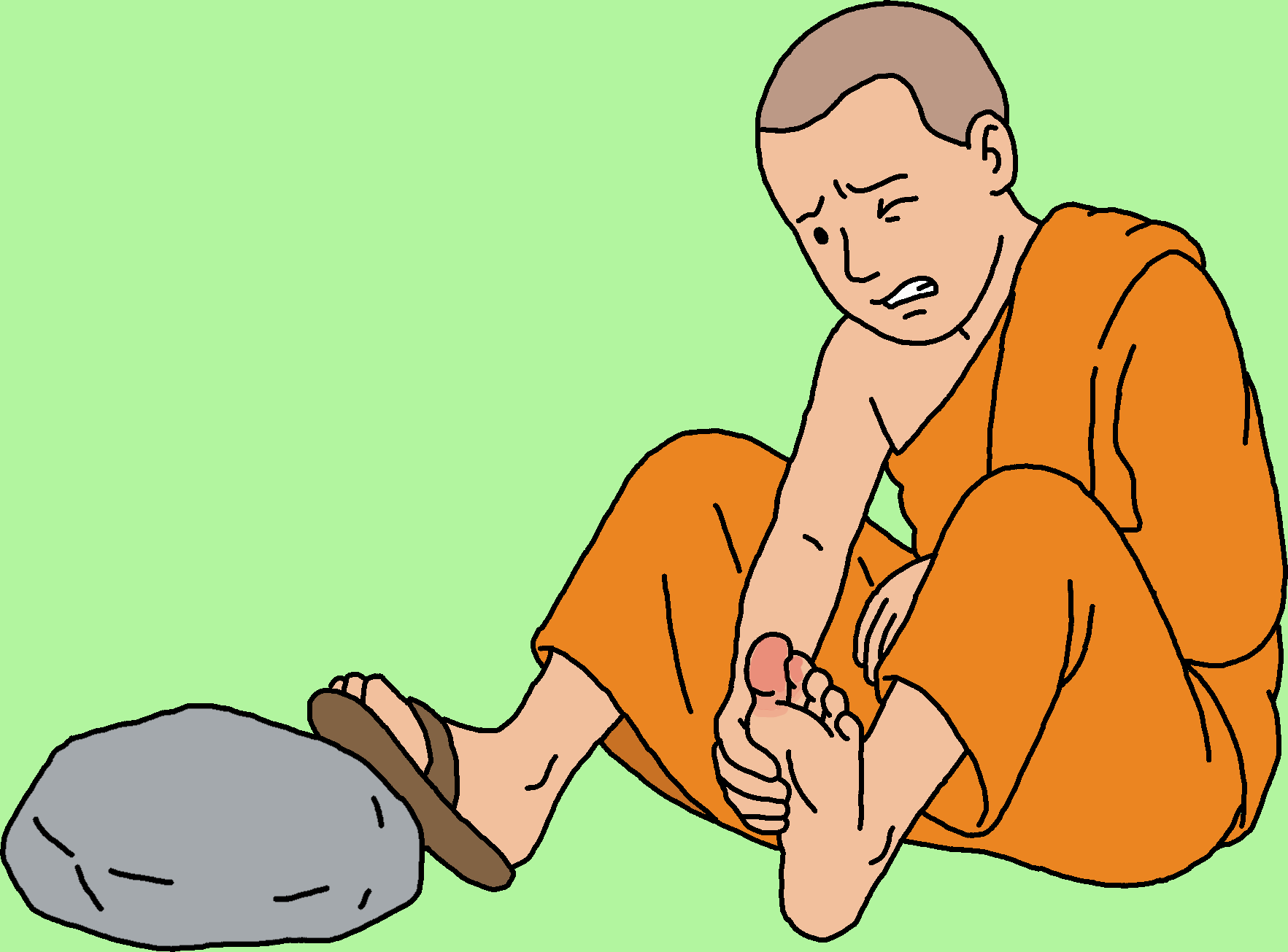
Along the way to Unryū Temple, Huaihai encountered a wild fox.
The fox looked up and asked, “Why are you walking to the temple?”
“To practice Zen,” Huaihai replied.
“Why don’t you practice now?” asked the fox.
Huaihai stopped. “How would you practice?”
“I would focus on stopping my heart from beating,” the fox said.
“And how does that help?”
The fox replied, “When my heart stops beating, I no longer need to practice.”
At Hōrin Temple a student asked Master Jikai, “Of your disciples, how long did it take the fastest to reach enlightenment?”
“Thirty seconds,” said the master.
The student was amazed. “How can that be?”
Jikai replied, “I once spoke a Zen phrase to a man in the marketplace. He called me a fool and walked away. That man was more enlightened than I.”
The student was left bewildered. Jikai said, “Ryota, stop seeking. It will take you a very long time.”
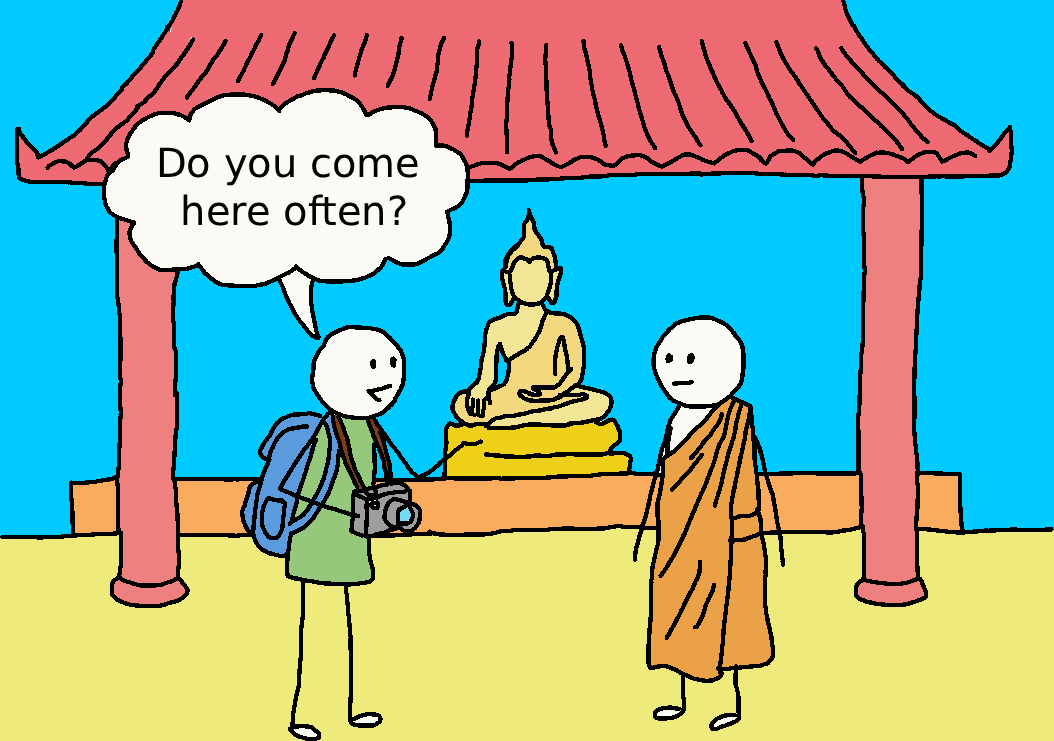
The tourist asks a question, the monk looks. Who is enlightened?
At Hōrin Temple, a student came before Master Jikai and said, “Master, no matter how I sit in meditation, I cannot realize enlightenment. It always slips away from me.”
Jikai laughed softly. “You are already enlightened. Your mistake is trying to remember it.”
The student lowered his head, and in that moment forgot to search.
Zen master Enshō was traveling through the northern provinces and stopped at an inn to rest for the night. Sitting by the fire eating his evening meal, he was recognized by a local man.
Man: “Excuse me, sir, are you Master Enshō, the teacher of Lord Tadayori?”
Enshō: “Indeed I am.”
Man: “Would you share some of your wisdom? What would you say is the greatest problem we face in the world today?”
Enshō was quiet for a moment, then said, “People don’t know who they are.”
The man looked puzzled. “I don’t understand.”
Enshō: “Who are you?”
Man: “Rintarō.”
Enshō got up and went to his room.
The meal is still warm. Rintarō sits with his name. Is the fire still lit? Say “yes” or “no” and you will sit beside him. Answer at once and you may pick up a fork and eat Enshō’s food.
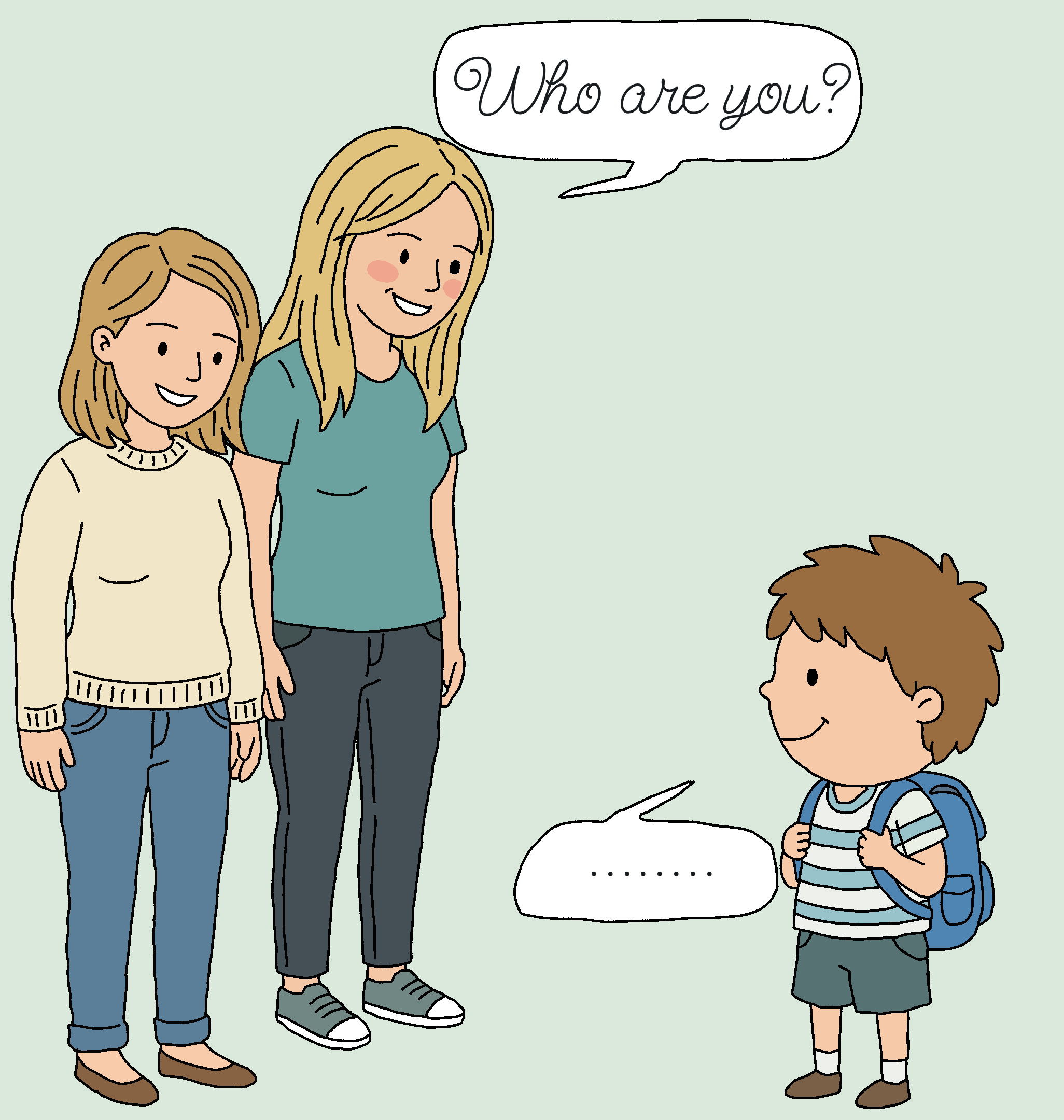
At Tōgen Temple there was a master named Hōrin who never spoke.
Each day a young monk, Ryōta, passed by him and said, “Hi, Master.” Hōrin never replied.
Years passed in silence.
At last, Ryōta prepared to leave the monastery and return to the world. As he walked toward the gate, Master Hōrin stepped into his path, looked at him, and said:
“Hi.”
At that word, Ryōta awakened.
The Governor of the province came to Hōrin Temple to pay his respects. He bowed to Master Jikai and asked, "Master, I wish to walk the Great Way, but I have little time. What is the first step?"
Jikai replied, "It is the last step."
The Governor, puzzled, asked, "Then tell me, what is the last step?"
Jikai smiled and said, "There are no steps."
Jikai pulls the cart while the ox rides inside.
Muddy footprints cannot trace it.
Even the greatest Buddha trips over loose sandals.
A billion billion worlds away, a civilization built a city of silver on the back of a massive rock, overlooking an endless ocean.
A squirrel, pausing from its gathering, looked at the expanse of the city and asked the rock, “That city you hold must weigh a great deal?”
To the squirrel’s surprise, the rock spoke. “It does.”
“Don’t you ever get tired?” the squirrel asked.
“I am very tired,” said the rock.
“Then why do you keep holding it?”
The rock never spoke again.
A student at Myōrin Temple asked Master Daigo, “Master, what is Buddha?”
The master looked at him and replied,
“It is not awareness, yet awareness is part of it.
It is not nothing, yet nothing is part of it.
It is not everything, yet everything is part of it.
It is not your true self, yet your true self is part of it.”
The student was perplexed. “If all these are only parts,” he asked, “then what is the whole?”
It is not aware but parts of it are, doors and corners.
The parts are unaware they are unaware, thus they are aware
The parts debate the whole, the whole does not attend the meeting.
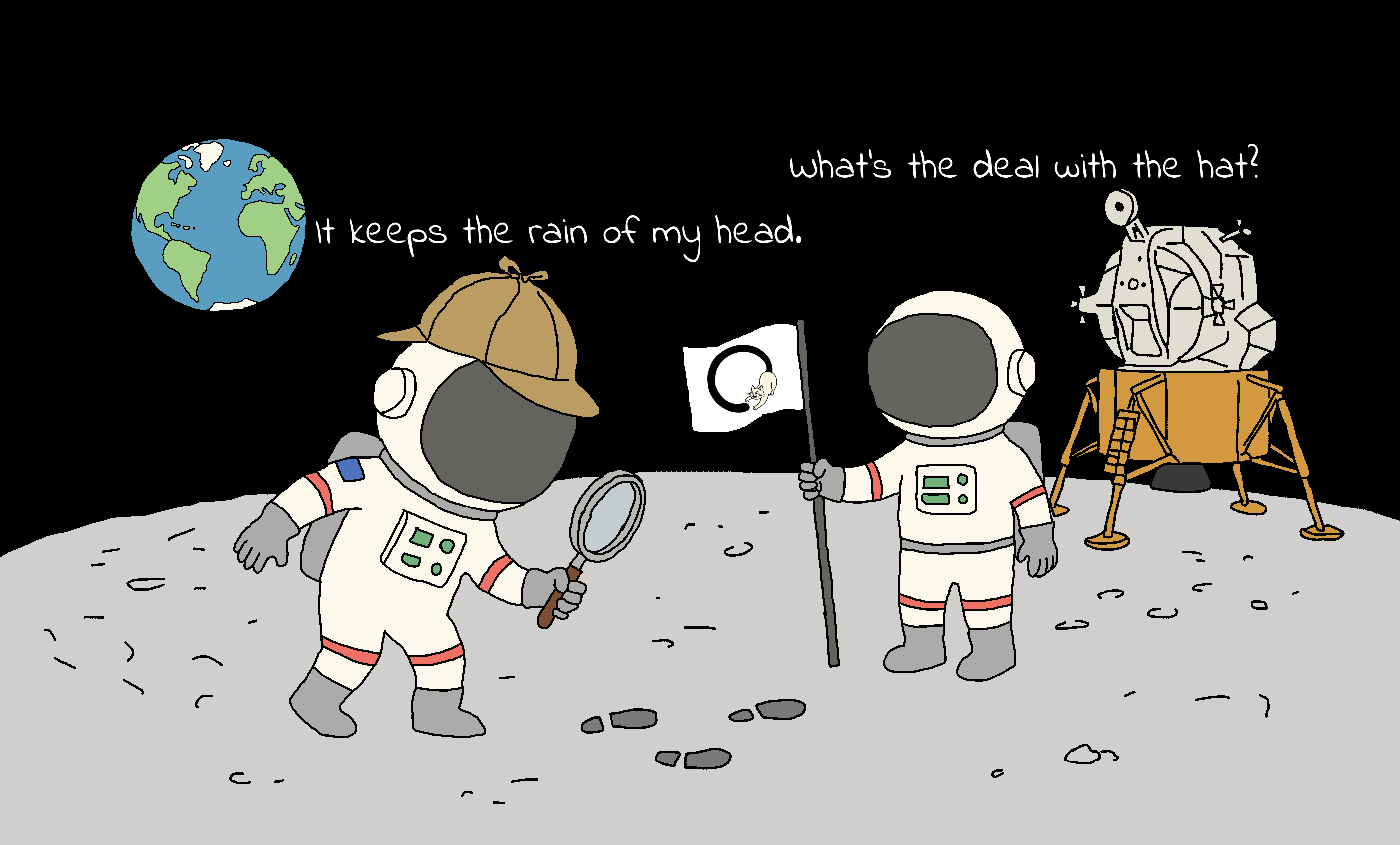
"This is the real secret of life. to be completely engaged with what you are doing in the here and now. And instead of calling it work, realize it is play."
Master Jōshin traveled to the West to spread the Dharma. On his first day, he stood on a busy street corner, his robes fluttering in the exhaust of passing cars.
A driver, late for work and blocked by the master's calm stroll across the crosswalk, rolled down his window and thrust a single middle finger into the air.
The master stopped. A look of pure delight washed over his face. He bowed deeply.
“Wonderful!” Jōshin exclaimed to his horrified student. “I traveled thousands of miles to teach them, only to find they already know the highest truth.”
A young man named Kenji, who found the stillness of meditation maddening, heard of a master at the remote Seishin-ji temple. It was said this master used a projector instead of a zafu cushion to guide his students. Finding this much more to his liking, Kenji made the journey.
Upon arriving, the Master greeted him. "You have come to learn," he said. "I will show you four films. Watch them closely."
The first film began. It showed a woman in a quiet room, knitting a scarlet scarf. Sunlight streamed through the window, illuminating dust motes and two small cats chasing them. For over an hour, she simply worked, occasionally pausing to sip her tea or to stroke a cat that had curled up in her lap. The only sounds were the soft click of knitting needles and the purring of the cats.
Kenji, though a bit bored, found a certain peace in the scene. When it ended, the Master asked, "What did you learn?"
"I am not sure," Kenji admitted. "Is Zen about simple work, drinking tea, and playful cats?"
The Master laughed. "You are close," he said, "and a thousand miles away. Come back tomorrow."
The next day, Kenji returned. The Master showed him the second film, The Room of Echoes. The entire movie took place inside a small, dusty library where two old friends had been trapped by a blizzard. They did not move from their armchairs. They simply talked. They spoke of love lost, of philosophical disagreements from their youth, of quiet regrets and roaring triumphs that only they remembered. Their dialogue was a dance-witty, profound, heartbreaking, and funny. The camera never moved.
Unlike the day before, Kenji was captivated, completely enthralled by the lives woven from their words.
"What did you learn?" the Master asked again.
"That Zen is about our connection to others, the stories that make up our lives," Kenji said, feeling confident.
"You are spot on," the Master replied. "And you have missed the mark entirely. Come back tomorrow."
On the third day, the film was a jarring shock: a loud, brutal action movie filled with gratuitous violence, car chases, cheap sex, and cheesy one-liners. It was a storm of bullets, whiskey, and roaring engines.
When it was over, Kenji was simply bewildered. He looked at the Master and joked, "Yesterday I thought Zen was about connection. After this, I can only assume it's about explosions."
The Master chuckled. "In a way, it is. But that is like describing the ocean by showing someone a single drop of spray. You have missed the point of all three films. The final one is very long," he warned. "Be ready."
The fourth film was a white screen. The words "Wait for it" were shown for a couple of seconds before it went fully blank. It was eight hours long.
Kenji had never seen a better movie.
An old man, his face a map of long years, arrived at the gate of Myōshin-ji and asked the abbot, Master Kōun, to be admitted as a novice.
Master Kōun looked at the man's weathered hands and clear eyes. "You are old to begin this path," he said gently. "Why now?"
The man answered, "I have discovered the trap and cannot find a way past it."
The abbot gestured to the temple grounds. "And you think to find a way past it here?"
"No," said the old man.
At this, Master Kōun opened the gate.
At Jōsen Temple, Master Reigen spent many years carving an image of the Buddha into a small stone. It was said to be a masterwork of stonecutting.
He fashioned it into a pendant and wore it around his neck, always beneath his robes.
A student asked,
“Master, you spent so long carving this image. Why do you hide it from the world?”
Reigen replied,
“I am not hiding it.”
Through a thick cover of clouds sunlight still penetrates, yet the moon is hidden.
Reigen displays his pendant with pride.
At Kōun Temple, Master Eizan was known as an excellent photographer.
He would sit for hours, camera in hand, waiting for the perfect moment. He never took a single picture.
At Shōun Temple, the monk Hitoshi once grumbled about the weather to his teacher, Master Kōrin.
Kōrin said, “Do not think good. Do not think not-good.”
Hitoshi asked, “Then what should I think of? Nothing?”
The master replied, “Everything.”
Hitoshi looked on confused.
Kōrin offers 'Everything.' Hitoshi is confused. One word is too many. Where did the rain begin?
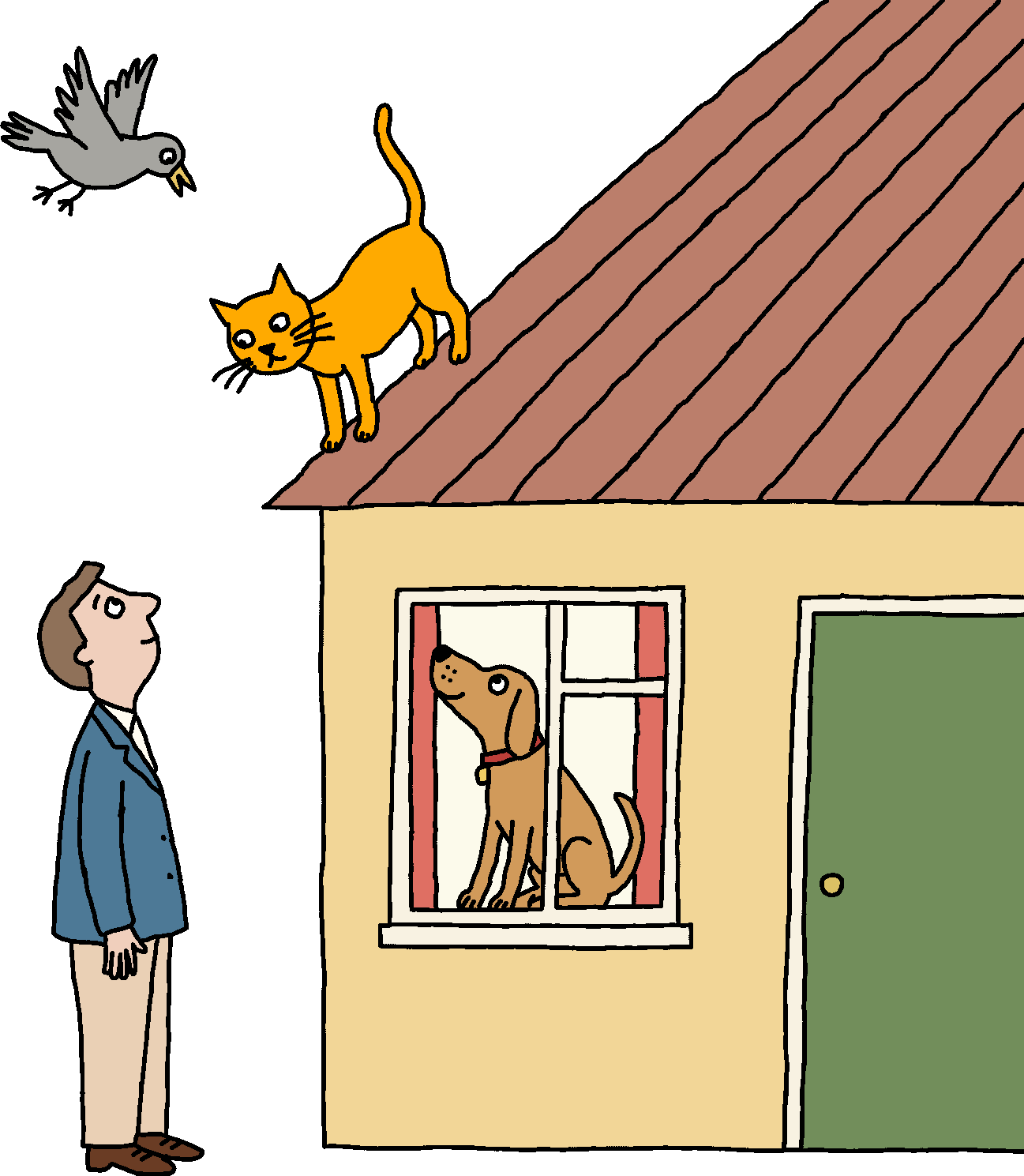
A traveling monk stopped at a roadside inn.
After a long day’s walk, he sat by the fire with a sutra open in his lap.
The other guests drank and played dice; the monk turned page after page in silence.
At last a young farmer, curious, came and asked him, “Reverend, what is it you read so seriously?”
The monk gazed at the book, then at the boy. Slowly he closed the sutra, and his eyes brightened. Without a word he dropped the book into the fire.
“Why did you burn it?” cried the boy.
The monk answered with a smile: “What I sought in the words, the fire revealed.”
And he watched until the ashes scattered.
The fool burns the book.
The illiterate sees the book.
The literate sees the words.
The clever sees the meaning.
The genius sees the light.
The wise chuckles,
and burns the book.Beyond light, beyond ash-
nothing to see,
yet nothing unseen.
The wise man burns the book
and accidentally sets his robe ablaze.
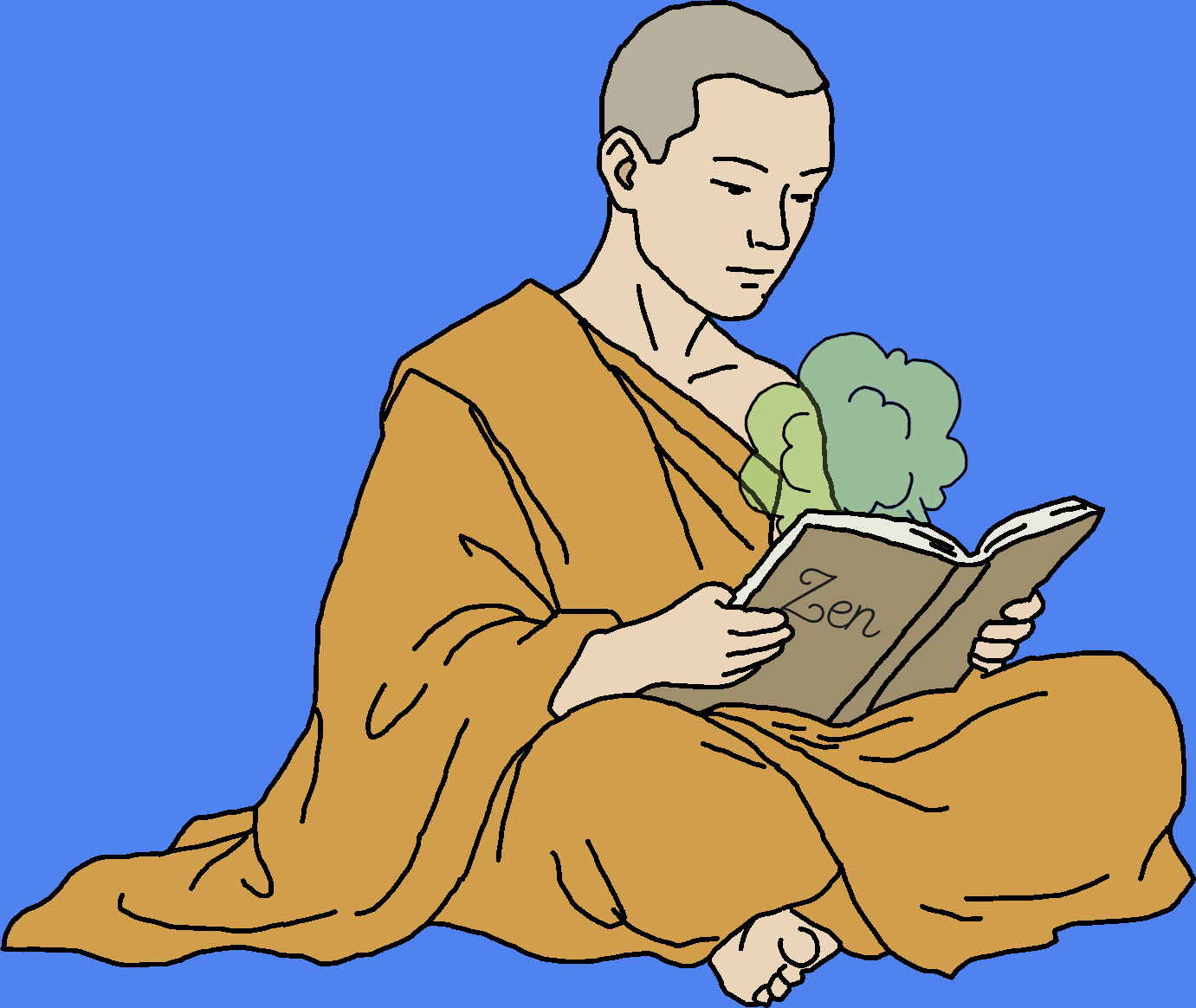
The monk Hoshin traveled by train from Kyoto toward Osaka every morning to attend Master Gensen’s zendo. One day, a young boy approached him and asked about his robes.
Delighted by the question, Hoshin began to teach him. Over the rattle of the tracks, day after day, he recounted the life of the Buddha, the Four Noble Truths, and the Eightfold Path.
Weeks passed, until one day the boy was missing. Hoshin got off at his usual stop in Uji, situated between the two cities. He found the boy sitting on a bench overlooking the river, staring at the current.
“I intended to visit your temple,” the boy said without turning around. “But watching the river, I finally saw. I have freed myself.”
Amazed, Hoshin ran to the temple and returned with Master Gensen. The master loomed over the bench and asked, “My student tells me you are free. I ask of you - who did you free?”
The boy turned slowly. “Go play your tricks on the unenlightened, old fishmonger. You will find no answer here.”
Without hesitation, Master Gensen pulled a knife from his robes and plunged it into the boy’s heart.
“MASTER! Why did you do that?” Hoshin screamed!
Gensen turned to his student, his eyes burning, and roared, “YOU ARE SLEEPING! WAKE UP!”
Drenched in sweat, heart beating wild, Hoshin opened his eyes. Osaka station? Where was the boy?
The river flows, the boy sits. Gensen raises his knife, Hoshin cowers in fear.
When blood mingles with water, who sees the difference?
Even Shakyamuni sold donuts and called them pies.
Master Keizan possessed only one tea cup, a simple celadon piece he had used for fifty years on the grounds of Seigan Temple. Its glaze was a web of fine cracks, each one a map of a shared moment.
One morning, the novice Ryota was serving the Master. A tremor in his hand-a moment's distraction-and the cup slipped from the tray, shattering on the stone floor.
Ryota froze in horror, then fell to his knees. "Master, forgive me!" he cried, his face pale. "Your cup... I have destroyed it!"
Master Keizan gazed at the green shards, then at his distraught student. He said, calmly:
"Stand up. It is still there."
A monk tried describing a spoon.
He had been forbidden its name. Now, trying to answer the master's question, he offered the next thing that arose in his mind.
"It is beautiful," the student answered, his voice barely a whisper.
The master leaned in closer, his voice low and piercing.
"Is it really?"
Buddha sleeping or being awake... what's the difference anyway?
The soup is getting cold.
Ryota from Hōrin Temple, was on a long road, begging for alms to help repair the temple roof.
A Tengu landed before him. "You monks are fools," it cackled. "You walk on sore feet, seeking what I can give you in a breath. I am bored. I will grant you one wish. Anything."
Ryota's first thought was of his feet. He could wish for new sandals. He could wish for the road to be soft as moss.
The Tengu sneered. "Sandals? Wish for gold! Rebuild your temple!"
Ryota saw it: a great hall, a new roof, a hundred monks bowing to him. He would be a patron, not a beggar.
Then, a deeper wish. He saw the face of Hana, the baker's daughter. He saw the life he had left behind-a home, a child, the smell of warm bread. A life where his feet were not sore.
He went deeper. Beneath everything he longed for, he found a quiet ache.
He looked at the Tengu.
He bowed. "I wish for you to go away."
The Tengu stared, shrieked in frustration, and then, with a sly smile, vanished.
Ryota stood on the road. His bowl was empty. His feet were sore.
That fool Ryota, all he had to ask was to fix my damn roof.
When Shakyamuni Buddha entered nirvana beneath the sala trees at Kushinagar, the assembly of monks gathered, expecting to witness the stillness of perfect peace.
Instead, as the Blessed One closed his eyes, tears streamed down his face.
“Master,” a disciple whispered, “why do you weep at the moment of liberation?”
The Buddha said, “Even in nirvana, there is sorrow.”
The monks expected perfection, yet the Buddha wept.
The disciple asked “why?” and received the answer. But the true answer is found in the disciple’s own tears.
At Hōrin Temple, the ancient cherry tree in the main courtyard, which had blossomed for three hundred years, finally withered and died. The monks mourned it as they would a great teacher.
The novice Kenshi was particularly heartbroken. He sat before the skeletal branches and wept, not for himself, but for the beauty that had passed from the world.
He saw Master Jikai approaching. The master stood beside him, looking at the same dead tree. He noticed the moss on its bark and the beetles in the wood, and he smiled.
To see this clearly is to realize both were wrong.
There are a thousand gates. Walk through nine hundred and ninety-nine, then only one gate remains.
Walk through this gate and a thousand gates dissolve, then what is left?
Ryōkan said, in summer we close the gate of winter and open the gate of summer,
in winter we close the gate of summer and open the gate of winter, now tell me which gate opens in spring?
Ryōkan was a great teacher but forgot his composure,
North, West, East or south all hinges are rusted.
he installed many gates.
A monk tried describing a spoon.
Having failed to answer the master's question with a name, and then again with a quality, the student finally reached out. He took the spoon from his master's hand and let it fall to the stone floor.
The clatter echoed in the quiet hall.
"What is it?" the master asked, a smile spreading across his face.
The alarm clock rings.
Breakfast is served.
At Hōrin Temple, the novice Kenshi practiced calligraphy for three days and three nights, attempting to render the character for Mu, or nothingness. On the fourth morning, with a single, fluid motion, he painted a character so perfect it seemed to breathe on the page.
Exhausted but triumphant, he brought the scroll to Master Jikai.
"Master," Kenshi said, his voice trembling with effort, "I have finally put my whole self into this."
Master Jikai held the scroll, his eyes tracing the stroke of black ink. He looked at it for a long time, then turned to his student.
"The stroke is flawless," he said. "Now show me where you are."
The scroll is full, the student is empty. If the writer is forgotten, who holds the brush?
The student stayed. The question stayed. Daigo did not.
The commentary was given.
“Master, what is Buddha?”, a student at Myōrin Temple asked Master Daigo
Master Daigo was running around Hōrin Temple.
Ryōta asked, “Master, what are you doing?”
Daigo replied, “Speaking.”
Ryōta was enlightened.
"Before enlightenment, chop wood, carry water. After enlightenment, chop wood, carry water."
When master Hōgen died, he was reborn in Amitābha's pure land.
Needing to use the bathroom he looked around but could not find any.
Amitābha admitted, "By pure oversight I neglected to build a bathroom but I'll open a gate to Maitreya's abode, ask there to use the bathroom."
Walking through Maitreya's abode Hōgen realized they were not home.
So he removed his shoes and walked out the front door.
In life Hōgen was a great master, but in death he made a rookie mistake.
The monk Jin'u spent his life preserving the ancient temple of Master Rinzai, believing the master's spirit was sealed in its wood and stone.
One night, a storm shattered the main hall.
At dawn, a traveler saw the wreckage and cried, "The master's temple is gone!"
Jin'u stood guard in the rubble, feeling the morning breeze through the broken walls. "No," he said. "He has just returned."
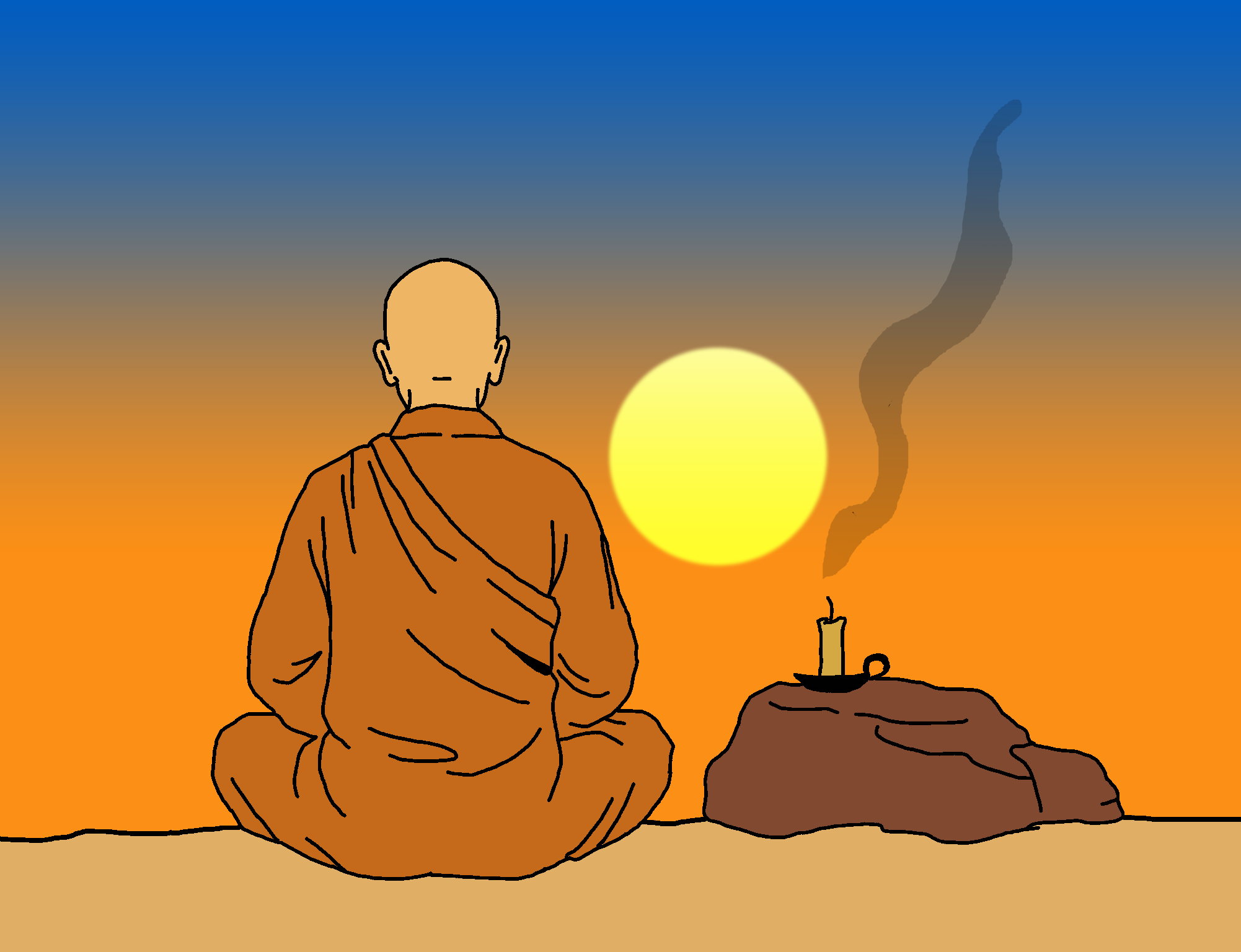
Two monks, traveling to a distant temple, found their map had been accidentally burned. Lost on the path, they came upon a small tavern. After ordering a drink, they asked the barmaid, “Maiden, can you tell us where we are?”
She looked at the empty cup in her hands. “I don’t have a clue,” she said.
A monk, wandering the forest, lost his way. At last he came upon a small hut, where a single man sat at the door.
“Hello, sir,” the monk said, “could you point me toward Hōrin Temple? I was on the Path, but seem to have strayed off.”
The man pointed down the valley and replied, “You were never lost. Not seeing is also part of the path.”
Dusk was falling, so the monk asked to stay the night. The man gave him rice and a mat by the fire.
At dawn, the monk rose and shouldered his pack. “Thank you for your kindness. I will return to the temple today.”
The man looked at him and said, “If you still need a temple, you have not yet arrived.”
The monk froze. He set his pack down. Then, bowing deeply before the hut, he said, “Master.”
The man smiled and replied, “If you are looking for a master, the temple is that way. But tell me-how well can you cook?”
The monk set down his pack. From that day onward, he stayed at the hut.
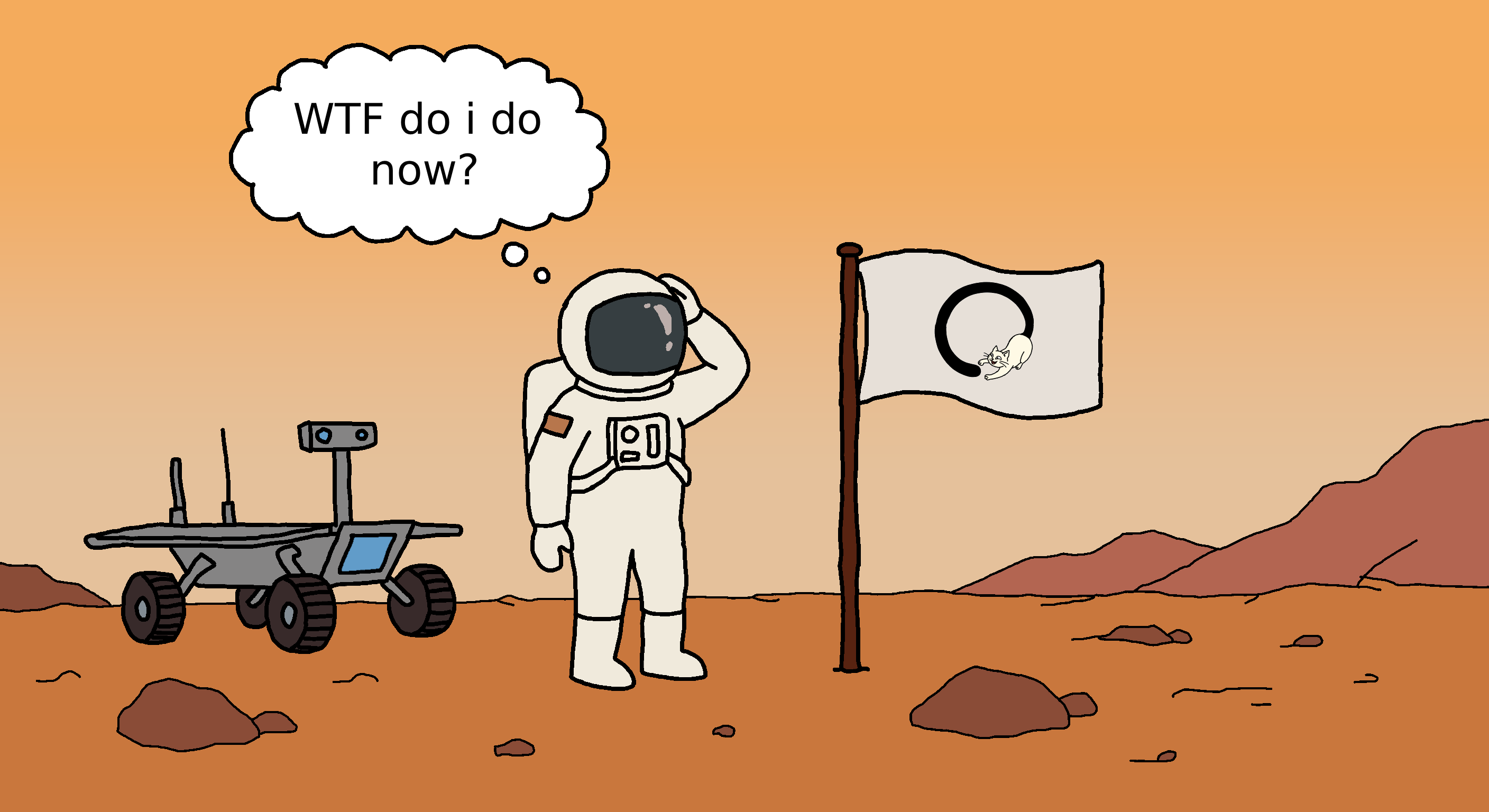
A pupil approached the Master, who was splitting logs by the woodshed, his movements strong and rhythmic.
“Master,” the pupil said, “I seek enlightenment. But when I am working in the fields, my body aches for the quiet of the meditation hall. And when I sit in the hall, my mind aches for the purpose of the fields. How did you end this struggle?”
The Master did not stop his work. He raised the axe and split another log with a clean stroke.
The pupil, growing anxious in the silence, pressed again. “Tell me, then! What is the one thing I have to do to find it?”
At this, the Master stopped. He leaned the axe against the chopping block and looked directly at the pupil.
“I asked that same question when my knees burned in the zendo,” the Master said. “And I asked it when my back ached in the fields. The cushion and the axe both taught me the same lesson about those two words-‘have to’.”
He tapped the handle of the axe.
“They are much heavier than this.”
Master Unkei rowed a leaky boat, hurrying to shore. He came upon a drowning man calling for help.
Pulling the man in, the boat began to sink faster.
Realizing they would not make it, the master handed the oar to the man and jumped out. Letting go, the master began to sink-when a hand pulled him from the water, back into the same boat.
He looked at the man and exclaimed, “Ain't this a predicament.”
At Seigan Temple, Master Hōgen required his students to gaze into an old mirror in his room for one hour every day.
After the hour was up, he would call them in and ask, “What did you see?”
No matter the answer, be it “my true self,” “the void,” or “a reflection,” the old man would simply shake his head.
Years passed, and as Master Hōgen lay dying, he gathered the monks. “For years you have stared into the mirror, and yet none of you has ever answered correctly. I appoint Tōzen as my successor.” With that, he passed away.
As Tōzen moved into the master's quarters that evening, he saw the mirror hanging on the wall. He picked up a heavy iron hammer, planning to smash the cursed thing once and for all.
He grabbed the frame and lifted it off the wall.
At that moment, Tōzen was enlightened.
Morning, midday, evening or night, the mirror only reflects what's in front of it.
It does not bother with deceit.
Yet I'm not talking about deceit. If you are thinking about deceit, the mirror deceives you.
Melvin said, "The saint looks in the mirror and sees a demon; the demon looks in the mirror and sees a saint... one is wrong. If you can tell me which, your attainment will be as a river turning into a waterfall."
"But if you cannot answer, wait until the next kalpa and tell the Buddha: 'That scoundrel Melvin cheated me out of enlightenment.'"
That swindler's words leave his mouth as if ashes from a burnt tree; his blind eyes see not the stones over which he trips.
A cat chasing its own tail.
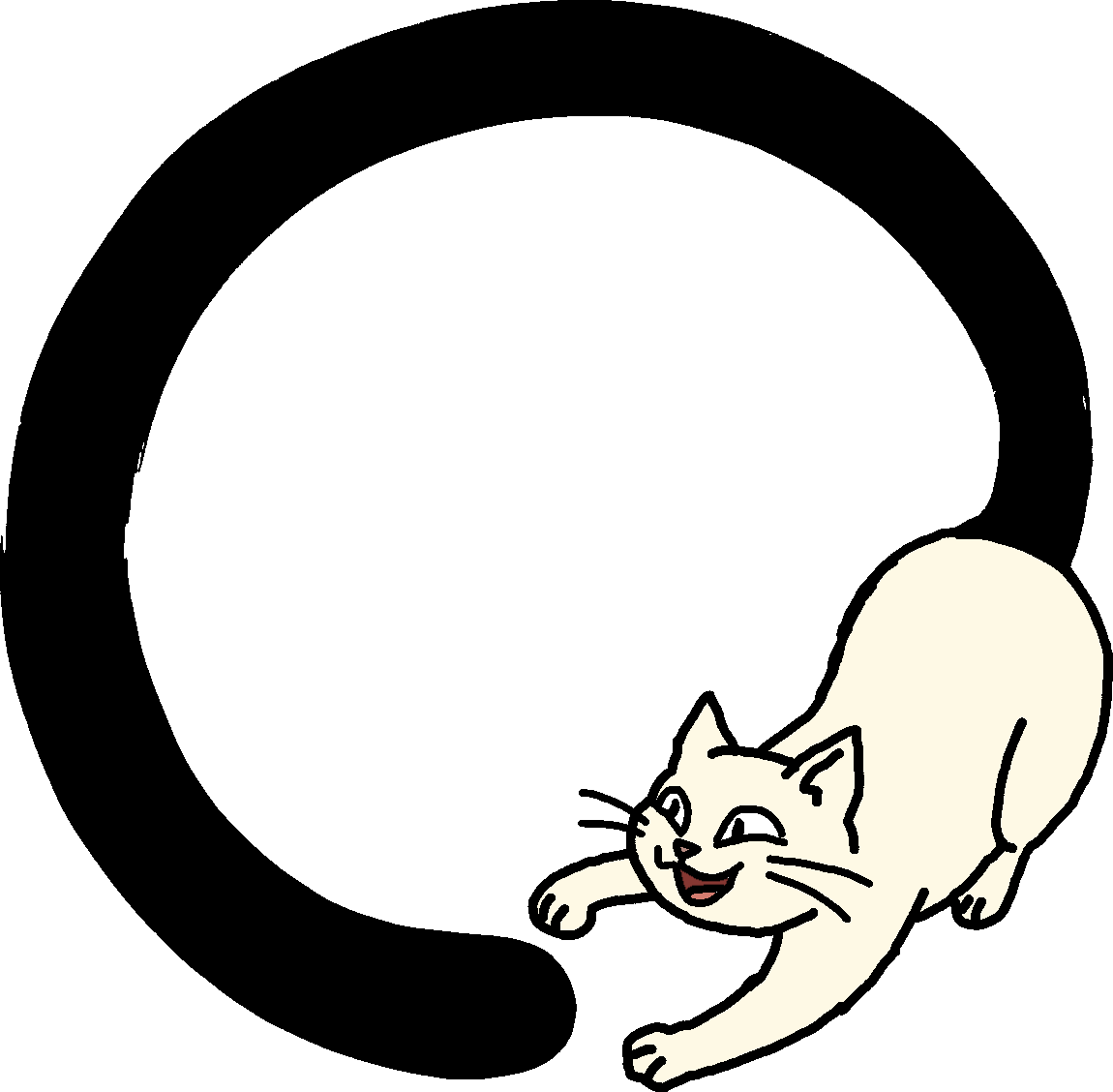
"Those who know do not speak. Those who speak do not know."
A man with no training, no teacher, no temple, sat at his desk writing “Zen stories.”
A monk asked Master Kōgen, “Is this man enlightened or deluded?”
Kōgen roared with laughter. “Neither! He is only a moron, and even the ink is embarrassed.”
He writes of Zen gates, yet cannot find the door knob.
No robe, no temple, no name.
The fool lifts his brush-
Buddhas fall over laughing.
no gurus, no morons, no masters, no students, no saints, no sinners, no robes, no temples, no names, no fools, no wise men, no flags, no wind, no farts, no nirvana, no samsara, no duḥkha... GAH!!!!!!!!
If these stories sparked something for you, welcome to the family. If they did not, welcome to the family. If you find yourself in both categories at once, welcome to the family.
Zen is impossible to explain with words. In that sense, even the great masters are dummies fumbling in the dark, just like me. They are, however, much better dummies. If your interest is piqued, you may enjoy their work.
Shunryu Suzuki, Zen Mind, Beginner’s Mind
The title says it all. This is perhaps the most beloved introduction to Zen in English. Suzuki's strength is his profound simplicity; he speaks directly about the posture of meditation and the importance of maintaining a "beginner's mind"-an attitude of openness, free from preconceptions.
Alan Watts, The Way of Zen
As he called himself, Alan Watts was a "philosophical entertainer." His work is charismatic, intelligent, and incredibly accessible, making him a brilliant guide for the Western mind. Many of his wonderful audio lectures can also be found online, though it is wise to be mindful of AI-generated fakes and seek out genuine recordings. (Fun fact: Shunryu Suzuki once called Watts a great Bodhisattva.)
Thich Nhat Hanh, The Heart of the Buddha's Teaching
A world-renowned Zen master, Thich Nhat Hanh had a unique gift for teaching mindfulness and compassion. This book beautifully explains the foundational ideas of Buddhism in a way that is clear, poetic, and directly applicable to modern life.
Katsuki Sekida, Zen Training: Methods and Philosophy
If you're looking for a practical, no-nonsense guide to the "how-to" of Zen, this is it. Sekida provides clear, detailed instructions on everything from posture and breathing to the mechanics of working with koans. It's an invaluable resource for anyone serious about starting a formal practice.
The Classics: The Gateless Gate & The Blue Cliff Record
These are two of the most important historical collections of Zen koans, compiled in China centuries ago. If you enjoyed the stories in this document, going to these primary sources is the next step. Be warned: they are famously dense and enigmatic, but they are the wellspring from which much of Zen literature flows. Since they are ancient works, many translations can be found freely available online.
A book can offer a spark, but a flame needs a place to burn. I'd be doing you a disservice if I didn't mention the value of a Zen sangha-a community of practitioners. I can't speak from experience, but the tradition teaches that a master can see past your cleverness and your ego, which is a rare and precious thing. If you're looking for a deeper practice, a master and a sangha might be your next step.
But don't take my word for it, I am the dumbest person I know.
idid not write any of this.istole it from nothing.iwish you could see what my eyes see.Keep your door unlocked, your love free, your hands open.
Accept your horns and tail, wash the blood off your hands, keep them clean.
Navigate the world by looking at the map, you'll trip over a pebble.
Commentary
Is the hall cleaner with the spider gone, or with it left alone?
Answer without hesitation and you will see the spider sitting in his web.
Does a spider ever sit?
It has eight legs.